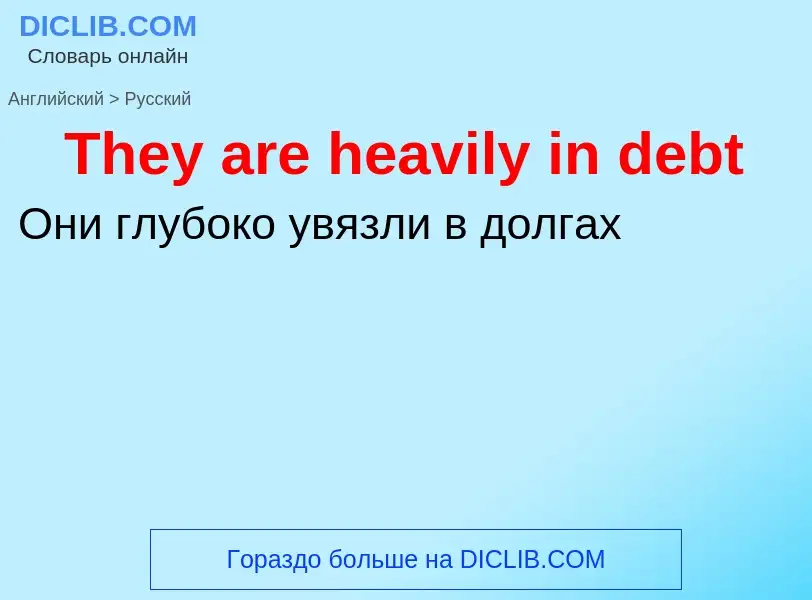Tradução e análise de palavras por inteligência artificial ChatGPT
Nesta página você pode obter uma análise detalhada de uma palavra ou frase, produzida usando a melhor tecnologia de inteligência artificial até o momento:
- como a palavra é usada
- frequência de uso
- é usado com mais frequência na fala oral ou escrita
- opções de tradução de palavras
- exemplos de uso (várias frases com tradução)
- etimologia
They are heavily in debt - tradução para russo
общая лексика
они
местоимение
общая лексика
(them)
они (о людях, животных, предметах и т. п.)
в [грам.] знач. неопр. мест. люди
в [грам.] знач. относ. мест. [уст.] те (кто)
в [грам.] знач. личного мест. он
Definição
Wikipédia
Seven, They Are Seven (Russian: Семеро их) (op. 30) is a cantata by Sergei Prokofiev composed in 1917 for large orchestra, chorus, and dramatic tenor soloist. It was composed in Yessentuki and Kislovodsk, and the words are taken from the poem Ancient Calls (Зовы древности) by Konstantin Balmont. It was revised by Prokofiev in 1933.
The work was composed in the year that the Russian tsar, Nicholas II of Russia, was overthrown. This was followed by the Russian Civil War, and Seven, They Are Seven was not performed until 1924 in Paris, and was directed by Serge Koussevitzky. It was first performed in Russia in 1956, after Prokofiev had died.
The poem that the work was composed to is a Russian translation of a cuneiform in a Mesopotamian temple from the third millennium BC. It describes seven demonic gods who have power over the elements, and also describes the power of these gods. There is an English translation of this poem included in the 1982 poetry anthology "The Rattle Bag," edited by Ted Hughes and Seamus Heaney [Faber, 1982].

